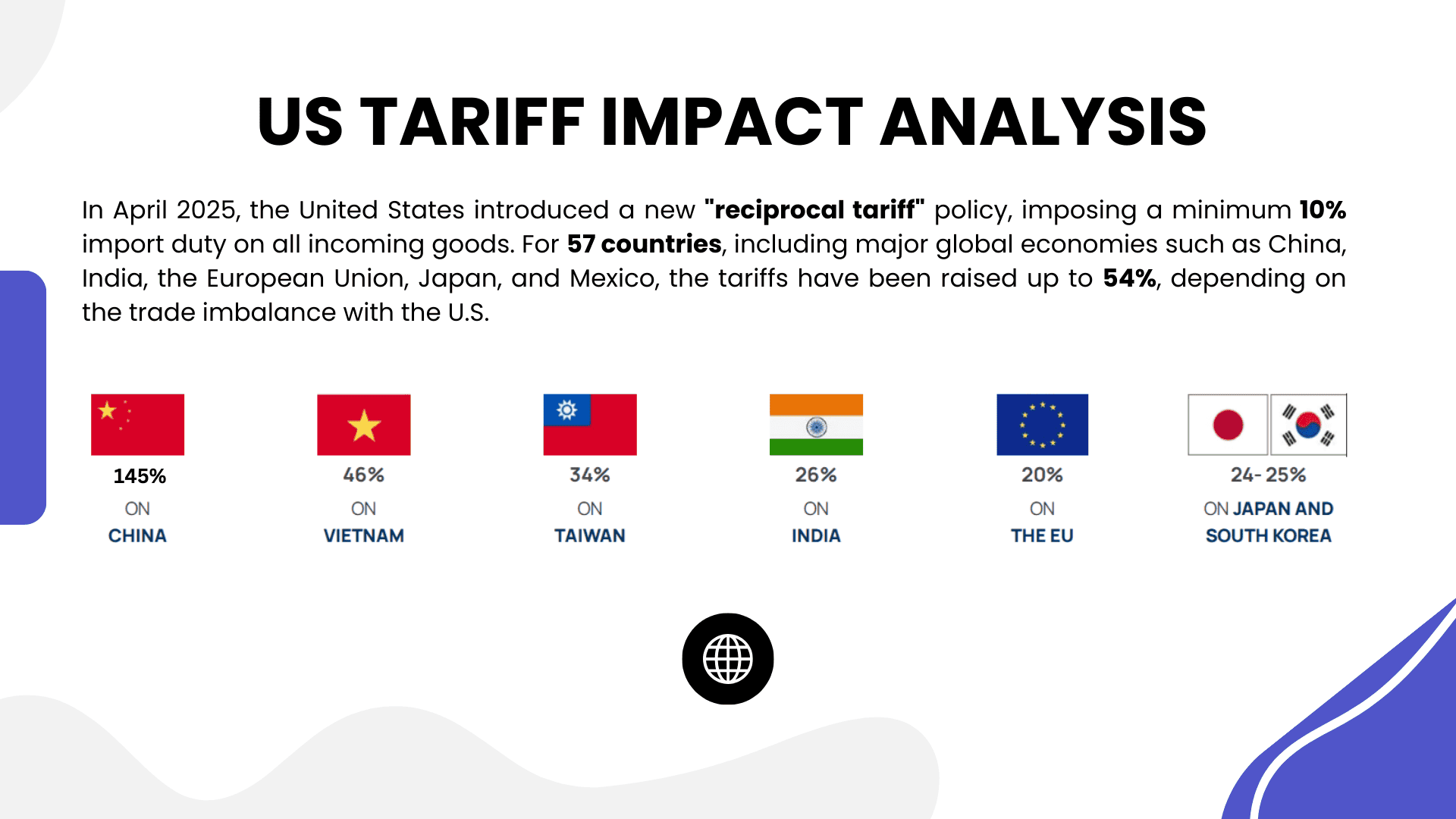Table of Contents
The global location-based ambient intelligence market was valued at USD 187.1 billion in 2022 and is projected to reach USD 1,239.3 billion by 2032, growing at a compound annual growth rate (CAGR) of 21.4%. The market growth is driven by the increasing proliferation of smart devices, with software components leading the market share.
Affective computing dominates the technological segment, while the healthcare industry holds the largest revenue share in the end-user segment. The rise in smart city development and the increasing demand for geofencing, location-based marketing, and indoor location-based services are key trends contributing to the market’s growth.

US Tariff Impact on Market
The US tariff policies on imports of smart devices, sensors, and software components could have a significant impact on the location-based ambient intelligence market. As many of the devices and components driving ambient intelligence are imported from countries such as China, tariffs could increase the cost of these products.
It is estimated that tariffs could raise prices by 10-15% for affected sectors, which may slow down market adoption, particularly among small and medium-sized enterprises (SMEs) that are more sensitive to price increases. Increased costs could lead to delays in smart city projects or higher prices for end consumers.
➤➤➤ Get More Insights about US Tariff Impact Analysis @ https://market.us/report/location-based-ambient-intelligence-market/free-sample/
- Economic Impact: Tariffs on smart devices and software components would result in increased operational costs for businesses in the ambient intelligence market, reducing profitability and slowing the pace of adoption.
- Geographical Impact: The US, being a key market, may experience slower growth due to tariff-induced price hikes, especially in urban smart city projects that rely on cost-effective smart devices.
- Business Impact: Companies may be forced to either absorb the costs or pass them on to consumers, leading to reduced competitiveness and potentially delaying product launches or expansion plans in the hybrid work or smart city sectors.

Key Takeaways
- The market is expected to grow at a CAGR of 21.4%, reaching USD 1,239.3 billion by 2032.
- Software components dominate the location-based ambient intelligence market.
- Healthcare leads the end-user sector, while affective computing dominates technology.
- US tariffs could increase costs by 10-15% for impacted sectors.
- The rise of smart cities presents significant opportunities for market growth.
Analyst Viewpoint
Present View: The location-based ambient intelligence market is experiencing rapid growth, fueled by advancements in smart devices and affective computing. Despite challenges like privacy concerns and potential tariffs, the market is poised for strong performance.
Future Positive View: The market’s long-term outlook remains optimistic, supported by the continued rise of smart city initiatives, the increasing adoption of location-based marketing, and the growing demand for indoor location services. As technology evolves, privacy and security concerns are likely to be addressed, opening up new opportunities.
Regional Analysis
North America dominates the location-based ambient intelligence market, holding a substantial 42.5% revenue share, driven by advancements in smart city development and the high adoption rate of smart devices. Europe is also a key player, with growing demand for smart infrastructure and indoor location-based services.
The Asia-Pacific region is expected to grow rapidly, driven by the increasing number of smart city projects, particularly in China and India, as well as a growing demand for location-based marketing solutions. The global market is seeing a shift towards more urban-centric deployments, with increasing government investments in smart city technologies.
➤ Impact of U.S. tariffs on these sectors?
Business Opportunities
With the rise of smart cities and the growing demand for advanced location-based services, there are substantial business opportunities in providing smart devices, geofencing solutions, and affective computing technologies.
Companies can capitalize on emerging trends like location-based marketing and indoor navigation by offering innovative solutions tailored to specific industry needs, such as healthcare, retail, and entertainment. Furthermore, the increasing focus on data privacy and security will create a demand for solutions that ensure compliance with regulatory standards while delivering seamless user experiences. These opportunities provide a fertile ground for both established companies and startups.
Key Segmentation
The location-based ambient intelligence market is segmented as follows:
- Component: The software segment dominates with a significant market share, offering location-based services and analytics tools for various applications.
- Technology: Affective computing holds the leading position, enabling more personalized and responsive systems that interact with users based on emotions and behavior.
- End-User: The healthcare sector holds the largest revenue share, driven by the growing demand for location-based healthcare solutions like patient tracking and monitoring.
- Region: North America leads with 42.5% market share, followed by Europe and the Asia-Pacific region, which are also experiencing significant growth in smart city adoption.
Key Player Analysis
Key players in the location-based ambient intelligence market are focusing on the development of advanced smart devices, geofencing solutions, and affective computing technologies to cater to industries such as healthcare, retail, and smart cities.
These companies are investing heavily in R&D to improve data analytics capabilities, ensure better integration with IoT devices, and enhance user engagement. As demand for privacy-conscious solutions increases, leading players are also prioritizing the development of secure, scalable, and efficient systems that adhere to data protection regulations. Strategic collaborations and acquisitions will further drive innovation and market expansion.
Market Key Players
- Schneider Electric S.E.
- Koninklijke Philips N.V.
- Google, LLC
- Samsung Electronics
- Microsoft Corporation
- Honeywell International, Inc..
- Huawei Technologies
- Siemens AG.
- IBM Corporation
- ABB Group.
- Nokia
- Other Key Players
Recent Developments
Recent developments include the launch of advanced location-based services, with a focus on improving indoor navigation and real-time location tracking for healthcare and retail applications. New geofencing technologies are being deployed in smart city projects, enhancing public services and operational efficiency.
Conclusion
The location-based ambient intelligence market is set for substantial growth, driven by the proliferation of smart devices and increasing demand for smart city solutions. While challenges such as privacy concerns and tariffs remain, the market’s future outlook is positive, with ample opportunities in location-based marketing, healthcare, and urban development.


